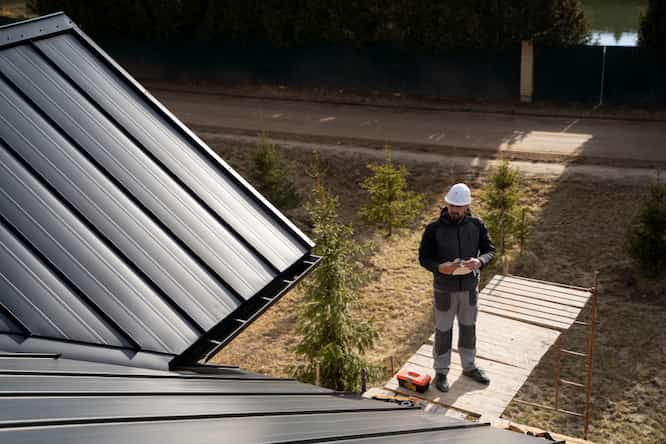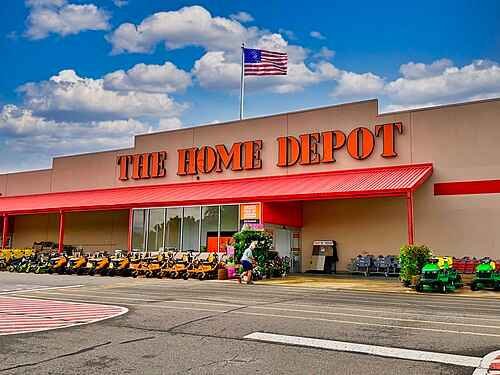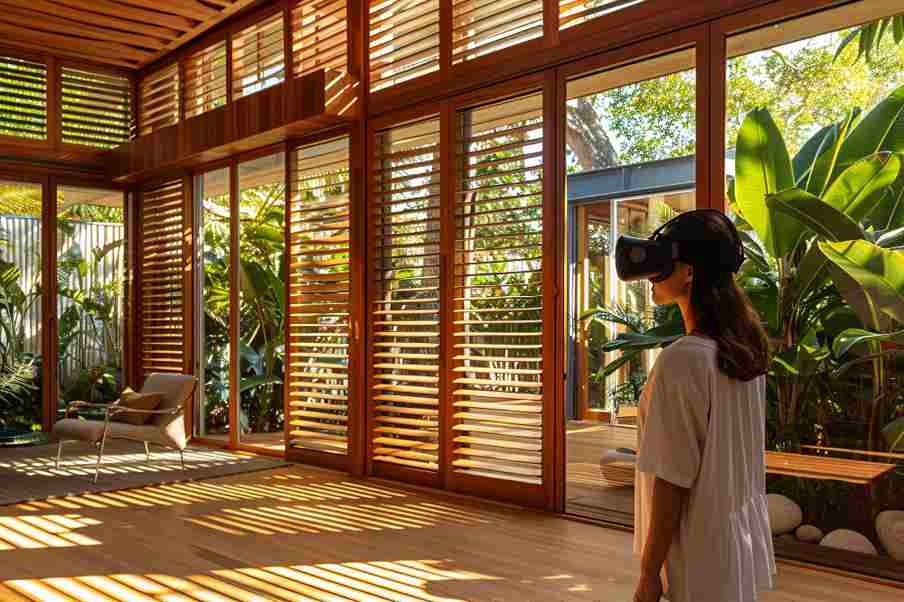When it’s time to replace your roof, one of the most important decisions you’ll make is choosing the right material. The roofing material you select will affect everything from cost and durability to energy efficiency and curb appeal. Three of the most popular options on the market today are asphalt shingles, metal roofing, and tile roofing. Each offers unique benefits and considerations. Here’s how they compare, so you can make the best choice for your home.
Asphalt Shingles: Affordable and Versatile
Pros:
Asphalt shingles are the most commonly used roofing materials in the U.S. They’re affordable, easy to install, and come in a wide range of colors and styles to match almost any home design. Asphalt shingles are also fairly lightweight, which means they work well on most roof structures without extra reinforcement.
Cons:
While cost-effective, asphalt shingles have a shorter lifespan (typically 15–30 years) compared to metal or tile. They can also be more vulnerable to extreme weather conditions like high winds and hail. Additionally, they tend to absorb heat, which can raise cooling costs in hotter climates.
Best For:
Homeowners on a budget or those looking for a simple, classic look with minimal upfront investment.
Metal Roofing: Durable and Energy-Efficient
Pros:
Metal roofs are known for their durability, longevity (lasting 40–70 years), and energy efficiency. They reflect solar heat, helping to reduce cooling costs during hot summer months. Metal is also resistant to fire, mildew, and pests. Available in various finishes and colors, metal can mimic the look of shingles, wood, or even tile.
Cons:
Metal roofing comes with a higher initial cost compared to asphalt. It can also be noisier during heavy rain or hail unless properly insulated. Some types of metal may dent from large hailstones or falling branches.
Best For:
Homeowners looking for long-term value, low maintenance, and improved energy efficiency, especially in areas prone to wildfires or extreme heat.
Tile Roofing: Timeless and Long-Lasting
Pros:
Tile roofs, made from clay or concrete, offer a timeless, Mediterranean-inspired look and exceptional longevity. Often lasting over 50 years with proper care. They’re highly resistant to fire, rot, and insect damage, and they provide excellent insulation in both hot and cold climates.
Cons:
Tile is the most expensive of the three materials and also the heaviest. Your home’s roof structure may require reinforcement to support the added weight. Installation can also be more complex, which adds to labor costs.
Best For:
Homeowners seek a high-end, distinctive aesthetic and are willing to invest in long-term performance. Especially in warmer, drier climates.
Making the Right Choice
When comparing asphalt, metal, and tile, think about your budget, climate, architectural style, and long-term goals. While asphalt is affordable and widely available, metal offers durability and energy savings, and tile provides a beautiful, long-lasting finish.
Conclusion
Your roof is a long-term investment. Choosing the right material can boost your home’s value, enhance its appearance, and save you money in the long run. Take the time to weigh your options and consult a trusted roofing contractor to find the best fit for your needs.







